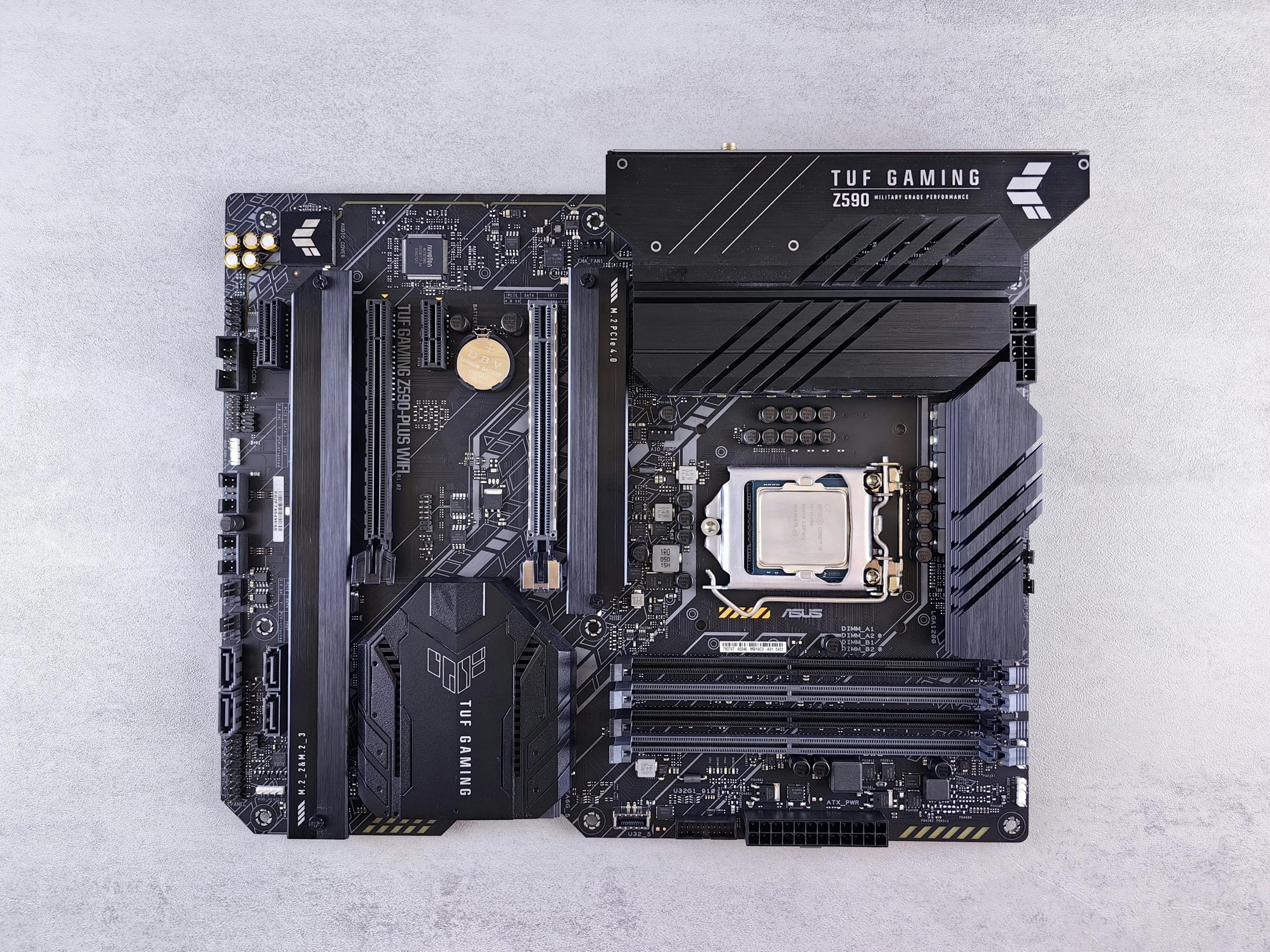Troubleshooting Game Crashes on the Asus TUF FX505GT: A Comprehensive Guide
Introduction
Gaming on laptops offers flexibility and portability, but hardware issues can sometimes disrupt the experience. If you own an Asus TUF FX505GT and have been experiencing frequent game crashes, particularly after a few minutes of gameplay, you’re not alone. This article aims to guide you through potential causes and solutions to resolve these issues effectively.
Understanding the Issue
Many users report that their Asus TUF FX505GT runs daily applications smoothly but encounters problems during gaming sessions. The symptoms often include:
- Sudden game crashes after a few minutes of play
- Occasional crashes in less demanding games like Minecraft and Valorant
- Successful completion of benchmarking tests such as Cinebench and Unigine, indicating that the hardware can handle certain workloads
These inconsistencies suggest that the problem may be related to thermal management, driver issues, or hardware stability under load.
Potential Causes
- Overheating: Gaming puts significant stress on the GPU and CPU, leading to thermal throttling or shutdowns if cooling is inadequate.
- Driver Conflicts or Outdated Drivers: Graphics drivers that are corrupted or outdated can cause crashes.
- Hardware Degradation or Faults: Components like thermal paste, RAM, or the GPU itself may be failing.
- Power Supply Issues: Insufficient or inconsistent power delivery can trigger instability during demanding tasks.
Troubleshooting Steps
Given that you’ve already attempted several standard solutions—including reinstalling Windows, display drivers, repasting the CPU/GPU, and swapping components—the following steps may help identify and address the root cause:
-
Monitor Temperatures and Throttling
-
Use monitoring tools such as HWMonitor, MSI Afterburner, or HWInfo to observe CPU and GPU temperatures during gameplay.
- If temperatures exceed safe limits (generally 85°C for GPUs), overheating may be responsible.
-
Consider improving cooling by cleaning vents, applying high-quality thermal paste, or using a cooling pad.
-
Check Power Settings
-
Ensure your laptop is set to high-performance mode in Windows power options.
-
Disable any power-saving features that might limit GPU performance during gaming.
-
Update BIOS and Chipset Drivers
-
Visit Asus’s official support page for your TUF FX505GT model to download the latest BIOS updates.
-
Keep chipset drivers current to ensure optimal hardware interaction.
-
Test with Different Games and Benchmarks
-
Run a variety of games and stress tests
Share this content:

